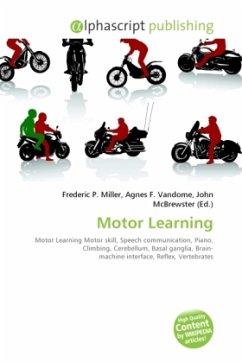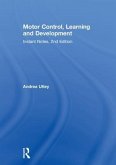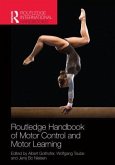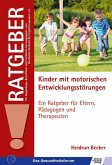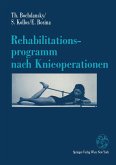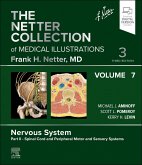High Quality Content by WIKIPEDIA articles! Motor learning is the process of improving the motor skills, the smoothness and accuracy of movements. It is obviously necessary for complicated movements such as speaking, playing the piano, climbing trees and eating bananas but it is also important for calibrating simple movements like reflexes, as parameters of the body and environment change over time. The cerebellum and basal ganglia are critical for motor learning. As a result of the universal need for properly calibrated movement, it is not surprising that the cerebellum and basal ganglia are widely conserved across vertebrates from fish to humans. Through motor learning the human is capable of achieving very skilled behavior, and through repetitive training a degree of automation can be expected. And although this can be a refined process much has been learned from studies of simple behaviors. These behaviors include eyeblink conditioning, motor learning in the vestibulo-ocular reflex, and birdsong. Research on Aplysia californica, the sea slug, has yielded detailed knowledge of the cellular mechanisms of a simple form of learning.
Bitte wählen Sie Ihr Anliegen aus.
Rechnungen
Retourenschein anfordern
Bestellstatus
Storno

